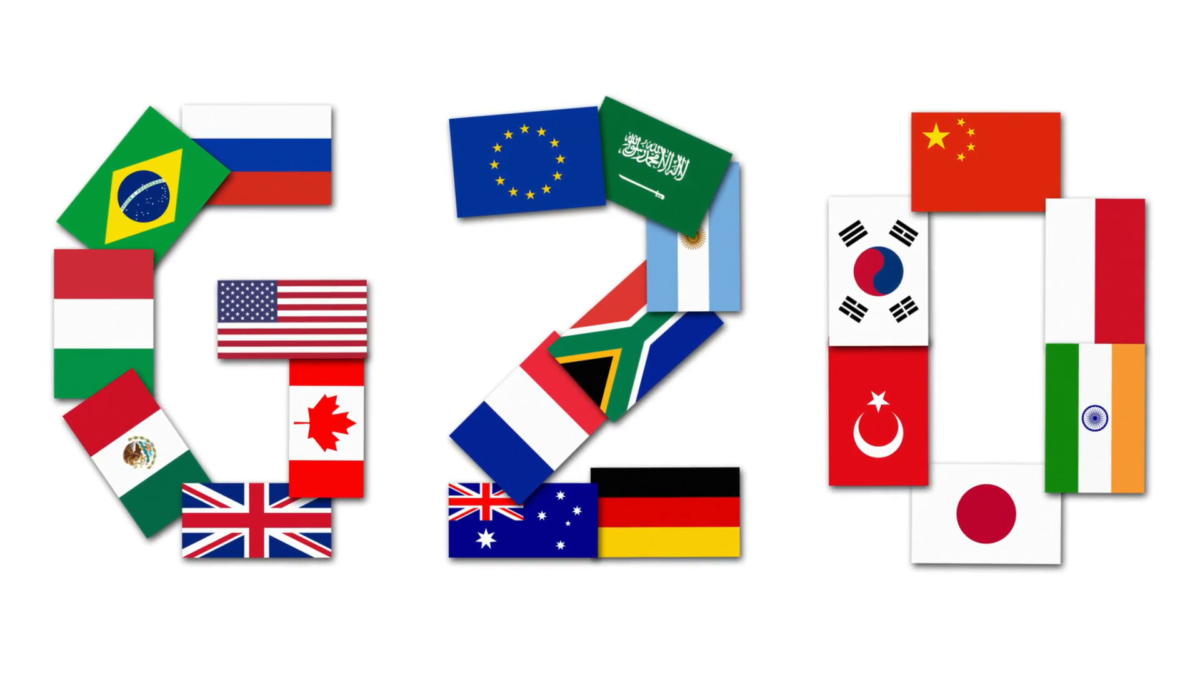Finance ministers from the world’s 20 largest economies came to an agreement on Sunday which will see them fight tax loopholes used by big tech companies.
The ministers agreed to compile a list of ‘common rules’ which should close the tax loopholes used by companies such as Facebook in an effort to lower their corporate taxes.
The fact that Amazon, Facebook, Google, and others use legal means to reduce their tax obligations is not news. These companies have long faced criticism for booking their profits in countries with low corporate tax rates, regardless of where the end customers are located. This modern phenomenon has been powered in part by the internet and the digitization of many services rendered, but many people see these practices on the part of big tech companies as unfair.
The rules which the G20 finance ministers agreed to will see multinational corporations faced with a higher tax rate. The agreement is also aimed at making it harder for countries such as Ireland to attract foreign investment with their low corporate tax rates. Many tech companies have their European operations headquartered in Ireland, which is widely known for low corporate taxes and a generally business-friendly environment. The big tech companies, for their part, correctly claim that they are following all tax rules, but they pay very little in taxes in Europe. Countries like Ireland and Luxembourg have low taxes and are open for business, allowing multinational companies to lower their tax burden in the European Union.
There is a clear divide in who’s taking these tax issues seriously. The UK and France have been particularly vocal about making it more difficult for companies to move their profits to low-tax jurisdictions. This has brought British and French interests into conflict with the American view that American companies are being unfairly targeted in an international push to update the tax system.
The G20 proposal currently contains two pillars:
- The first pillar will divide the rights to tax a company to the jurisdiction where their goods or services are sold, even if the company has no physical presence there.
- The second pillar acts as an extension of the first. In cases where these companies still find tax havens, countries can apply a global minimum tax rate, which will be agreed upon at a later date.













































